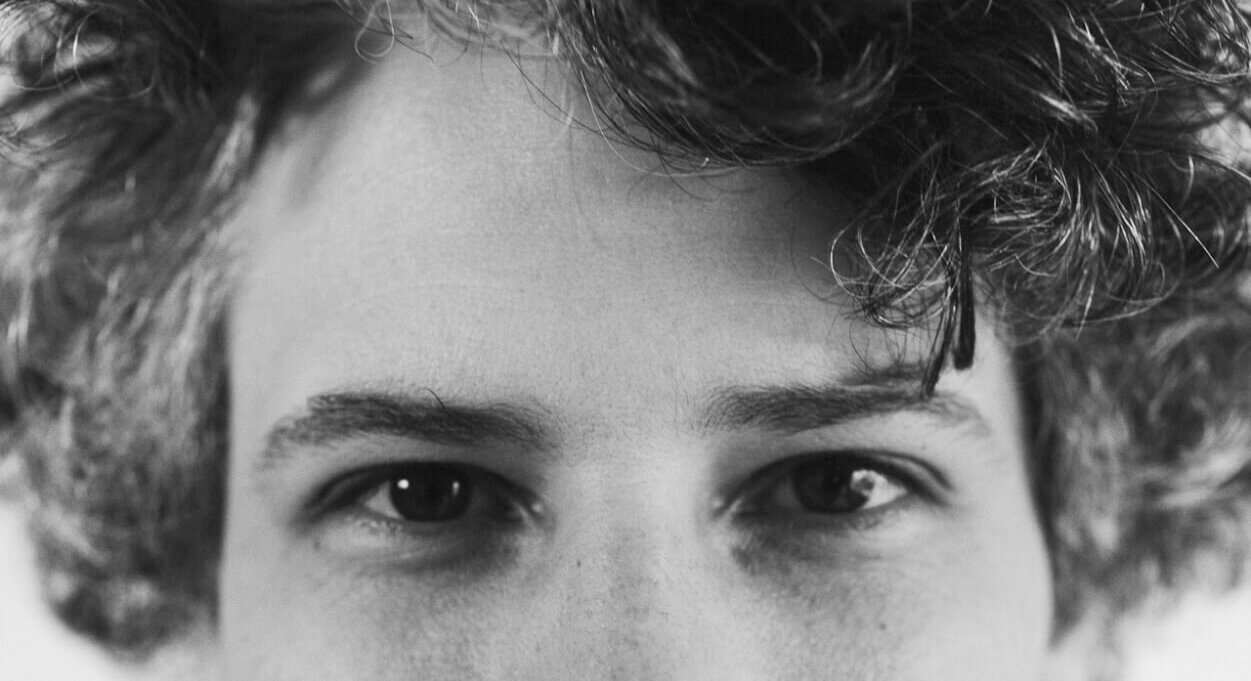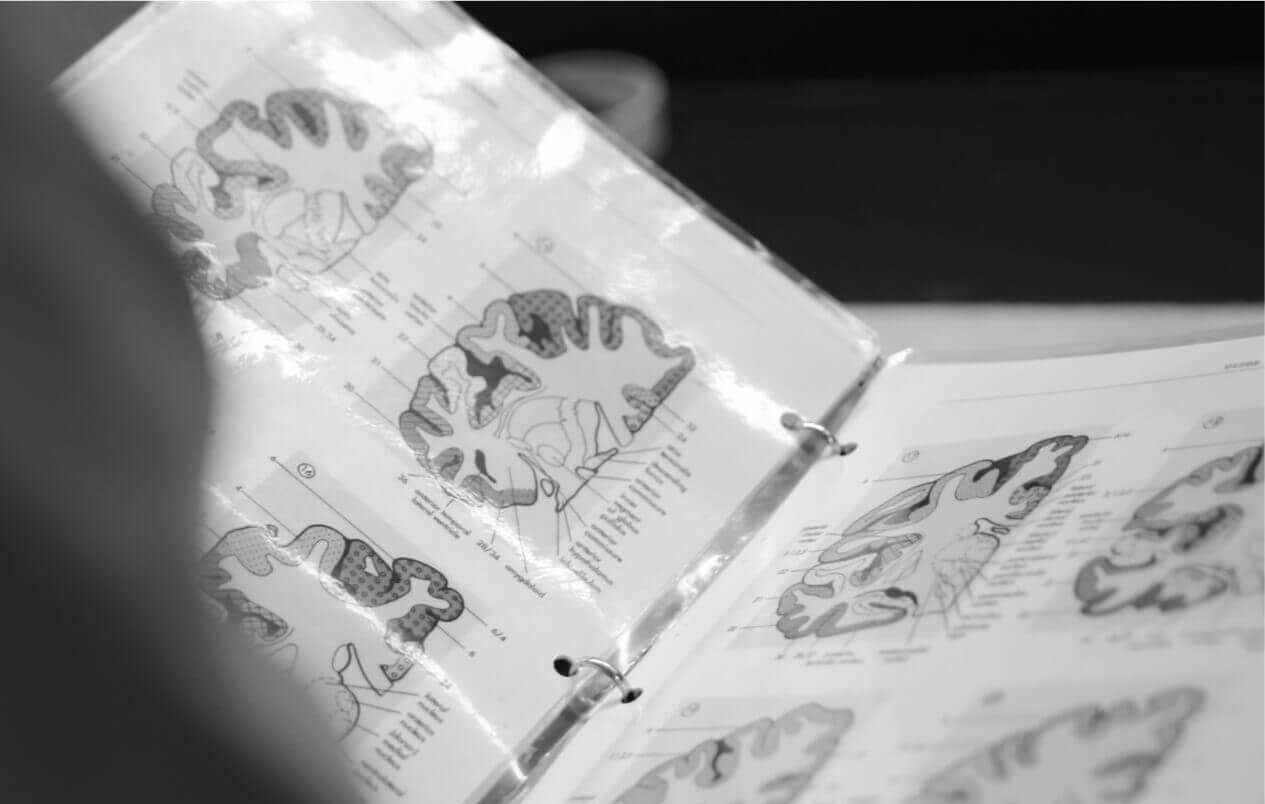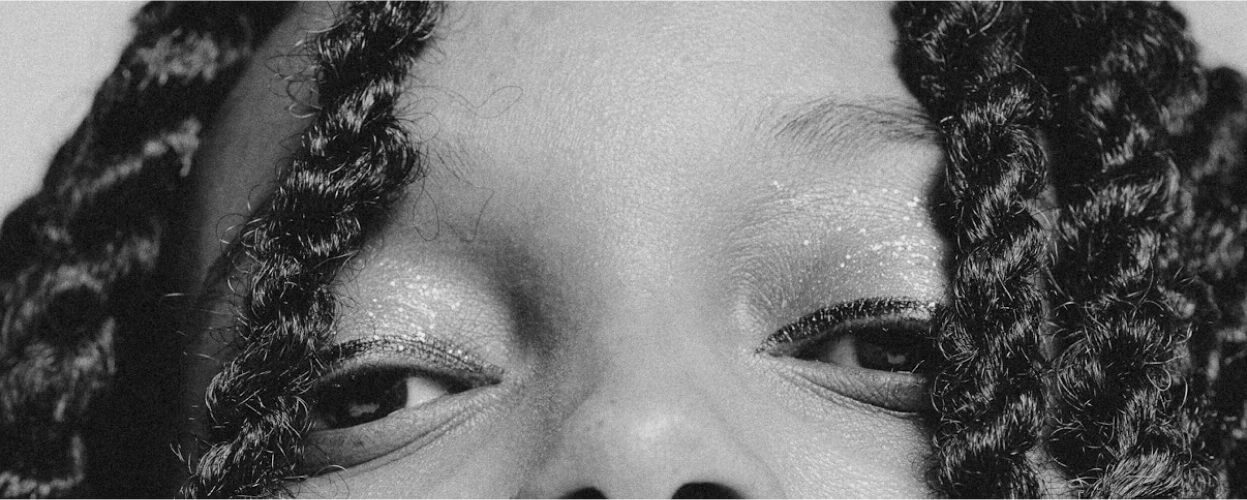The Gift of Understanding: Brain Donation and PTSD Research
Post-Traumatic Stress Disorder (PTSD) affects millions of people worldwide, from combat veterans and first responders to survivors of domestic partner abuse, accidents, or natural disasters. Yet despite its prevalence, the condition remains shrouded in scientific mystery. What causes PTSD in some individuals but not others? Why do some people respond to treatment while others do not? As we mark PTSD Awareness Month in June, know this: the answers will come through brain donation.
Why Brain Donation Matters
While living participants contribute to PTSD research through interviews, brain scans, and blood samples, the study of brain tissue after death provides a level of insight that no other method can match. Brain donation allows scientists to:
- Examine structural and molecular changes in the brain caused by trauma.
- Understand the biological underpinnings of PTSD, such as alterations in the amygdala, hippocampus, and prefrontal cortex—regions involved in emotion regulation and memory.
- Identify biomarkers that could lead to early diagnosis, personalized treatment, and even prevention strategies.
For many psychiatric conditions, including PTSD, postmortem brain tissue is essential for understanding what goes wrong at the cellular level—and how to fix it.
Who Can Donate?
Anyone can choose to become a brain donor, regardless of whether they’ve been diagnosed with PTSD or not. In fact, researchers need both affected and unaffected brains to make accurate comparisons.
Veterans, first responders, survivors of trauma, and civilians who believe they may have PTSD or another mental health condition can all consider donating. Those without PTSD can also make a profound impact by providing essential “control” tissue.
The Legacy of Healing
Choosing to donate your brain is a deeply personal decision—but it is also a legacy of healing and hope. By making this gift, you offer future generations a better chance at understanding and overcoming PTSD.
In the words of one brain donor’s family:
“We couldn’t save him, but maybe his brain can help save someone else.”
Consider making the ultimate contribution to science and mental health by registering as a brain donor today.



